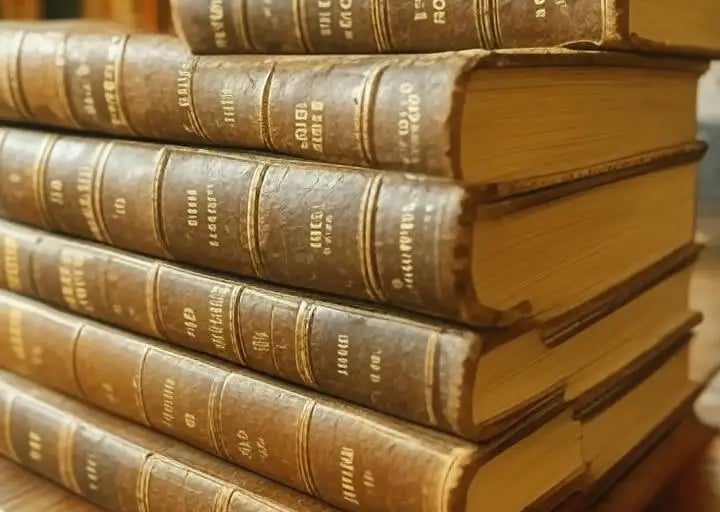Famous New Zealand History Books & Māori Traditions
Explore renowned New Zealand history books that delve into Māori traditions, colonial wars, identity, and women's rights, shaping the rich past of Aotearoa. Discover the stories that define New Zealand's heritage.
8/29/20252 min read


My post content
1. The Penguin History of New Zealand – Michael King
Michael King’s book is often called the most accessible and complete single-volume history of New Zealand. It begins with the arrival of Polynesian navigators more than a thousand years ago and follows the story through Māori settlement, European colonisation, the Treaty of Waitangi, and the building of a modern nation.
King writes in a clear, engaging style that makes history easy to understand. He also pays close attention to Māori perspectives, which earlier history books often ignored. This balance makes the book one of the most widely read accounts of New Zealand history.
2. Tangata Whenua: An Illustrated History – Atholl Anderson, Judith Binney, and Aroha Harris
This award-winning book is a comprehensive history of Māori people, written by three leading scholars. It combines archaeology, oral tradition, written records, and beautiful illustrations to tell the story of Māori from the first arrivals in Aotearoa to today.
The book shows how Māori adapted to the land, developed complex societies, and dealt with the challenges of colonisation. It also highlights the resilience of Māori culture, language, and identity. The visuals and storytelling style make it a standout book for both academics and general readers.
3. The New Zealand Wars – James Belich
James Belich’s groundbreaking work changed how people view the 19th-century wars between Māori and British settlers. Earlier accounts often portrayed these wars as small or one-sided. Belich showed instead that Māori fought with great skill and used clever military strategies.
The book also explains how the wars influenced New Zealand’s political and social development. By re-examining these conflicts, Belich helped reshape the national conversation about race, land, and history.
4. Guns, Germs and Steel – Jared Diamond (NZ relevance)
Although not only about New Zealand, Jared Diamond’s Pulitzer Prize–winning book is important for understanding the wider Pacific context. Diamond explains how geography, resources, and environment shaped the development of societies.
For New Zealand, the book gives insight into why Polynesians were able to navigate across vast oceans to reach Aotearoa, and how the land and climate influenced Māori society. While broader in scope, it helps place New Zealand’s story within the bigger picture of world history.
5. The Making of New Zealanders – Ron Palenski
This book looks at how New Zealanders developed a unique identity over the last 200 years. Palenski argues that being “Kiwi” is more than just living in New Zealand — it grew out of shared experiences like war, sport, and political change.
He explores the role of rugby, the impact of World War I, and the country’s growing independence from Britain. The book is valuable for anyone interested in how national identity is built over time.
6. Women and the Vote: A World First – Patricia Grimshaw
New Zealand was the first country to grant women the right to vote, in 1893. Patricia Grimshaw’s book explores how this historic achievement happened. She looks at the leaders of the suffrage movement, the political struggles, and the role of everyday women who fought for change.
The book not only explains what happened in New Zealand but also shows how this movement inspired other countries. It is an essential read for understanding both women’s history and New Zealand’s role in global progress.
Final Thoughts
These books cover different sides of New Zealand’s story — from Māori traditions and colonial wars to the fight for women’s rights and the shaping of a national identity. Reading them gives a fuller picture of how the past continues to influence the present.

Pick Up address
Merchantsy© 2024. All rights reserved.
Follow Us :
22 Reynolds Avenue Bishopdale,Christchurch 8053
Policy
Quick Links
Our Mission
Our mission is to give secondhand books a new life and make reading affordable for everyone. By rehoming pre-loved books, we promote accessibility, sustainability, and a love for stories.
